Diplomatic liaisons are a cornerstone of international relations, fostering communication, negotiation, and understanding between nations. This article delves into the complexities of diplomatic liaisons, exploring their historical context, modern applications, and the pivotal role they play in global governance. We will also provide insights into how organizations like William Blackstone Internacional have been instrumental in facilitating these intricate interactions.
The Historical Context of Diplomatic Liaisons
Diplomatic liaisons have a storied history, dating back to ancient civilizations. The earliest records of diplomacy can be traced to the Mesopotamian city-states, where envoys were sent to negotiate treaties and alliances. These early forms of diplomacy laid the groundwork for the more formalized systems we see today.
Ancient Diplomacy
In ancient Greece, the concept of proxenia was akin to modern diplomatic relations, where a citizen of one city-state acted as a representative in another. Similarly, the Roman Empire had an elaborate system of envoys and ambassadors who maintained the empire’s vast network of alliances and treaties.
Medieval and Renaissance Diplomacy
During the medieval period, the Byzantine Empire was renowned for its sophisticated diplomatic practices, which included the use of spies and intricate negotiation tactics. The Renaissance period saw the rise of resident ambassadors, who lived in foreign courts to represent their home country’s interests continuously. This era marked the beginning of permanent diplomatic missions, a practice still in use today.
Modern Diplomatic Liaisons
In the contemporary world, diplomatic liaisons encompass a broad range of activities, from formal negotiations and treaty-making to cultural exchanges and conflict resolution. The role of a diplomat has evolved to meet the demands of an increasingly interconnected and complex global landscape.
The Role of Diplomats
Modern diplomats are tasked with representing their home country abroad, protecting the interests of their citizens, and fostering positive relations with the host country. Their responsibilities include:
- Negotiation: Engaging in discussions to resolve conflicts, form alliances, and create trade agreements.
- Representation: Acting as the official representative of their home country at international events and in dealings with the host government.
- Promotion: Promoting their home country’s culture, values, and policies to enhance mutual understanding and cooperation.
- Protection: Safeguarding the rights and interests of their fellow citizens abroad.
Case Study: The Iran Nuclear Deal
A recent example of successful diplomatic liaisons is the Iran Nuclear Deal, formally known as the Joint Comprehensive Plan of Action (JCPOA). Negotiated between Iran and the P5+1 (the United States, United Kingdom, France, Russia, China, and Germany), the deal aimed to limit Iran’s nuclear program in exchange for the lifting of economic sanctions. This complex negotiation involved years of diplomatic effort, demonstrating the critical role of diplomatic liaisons in achieving international agreements.
The Importance of Diplomatic Liaisons in Conflict Resolution
Diplomatic liaisons play a crucial role in conflict resolution, acting as mediators to de-escalate tensions and find peaceful solutions. Their effectiveness often hinges on their ability to understand the cultural, political, and historical contexts of the conflicts they are addressing.
Mediation and Peacekeeping
Diplomats often engage in mediation efforts to bring conflicting parties to the negotiating table. For example, the Oslo Accords, facilitated by Norwegian diplomats, were a landmark attempt to resolve the Israeli-Palestinian conflict. Although the process has faced many challenges, the accords remain a pivotal moment in the history of diplomatic mediation.
Πολιτιστική διπλωματία
Cultural diplomacy is another vital aspect of diplomatic liaisons, where cultural exchanges and initiatives are used to build bridges between nations. Programs like the Fulbright Scholarship and cultural exchange festivals help foster mutual understanding and respect, laying the groundwork for more effective diplomatic relations.
Challenges Facing Modern Diplomatic Liaisons
While the role of diplomatic liaisons is more critical than ever, they face numerous challenges in the modern era. These include:
Technological Advancements
The rise of digital communication has transformed the landscape of diplomacy. While it offers new opportunities for instant communication and information dissemination, it also presents challenges such as cybersecurity threats and the spread of misinformation. Diplomats must navigate these complexities to maintain effective liaisons.
Geopolitical Shifts
The shifting geopolitical landscape, with the rise of new powers and the re-emergence of old rivalries, poses significant challenges for diplomatic liaisons. Diplomats must adapt to these changes, balancing the interests of their home country with the need to maintain stable international relations.
Public Diplomacy
In an age where public opinion can significantly impact international relations, diplomats must engage in public diplomacy to shape perceptions and build support for their country’s policies. This involves not only traditional media but also social media platforms, where messages can reach a global audience instantaneously.
The Role of Organizations in Facilitating Diplomatic Liaisons
Organizations like William Blackstone Internacional specialize in assisting clients with their diplomatic goals. By providing expert advice and strategic support, these organizations play a crucial role in ensuring effective diplomatic engagements.
Expert Guidance
William Blackstone Internacional offers a range of services, from strategic planning and risk assessment to negotiation support and conflict resolution. Their team of experts brings a wealth of experience and knowledge, helping clients navigate the complexities of international relations.
Case Study: Trade Negotiations
One notable example of William Blackstone Internacional’s expertise is their involvement in trade negotiations between two emerging economies. Their strategic insights and negotiation skills were instrumental in reaching a mutually beneficial agreement, highlighting the value of professional support in diplomatic liaisons.
Building Long-Term Relationships
Beyond immediate negotiations, organizations like William Blackstone Internacional focus on building long-term relationships between nations. By fostering trust and understanding, they help create a stable foundation for future diplomatic engagements.
In the realm of diplomatic liaisons, the coordination of services and information is paramount to successful international relations. The NCA international liaison officers play a crucial role in this process, often collaborating with the office of international operations to streamline efforts and enhance communication channels. Additionally, protecting federal tax information is an essential aspect of ensuring the integrity and confidentiality of sensitive data exchanged during diplomatic negotiations. The diplomatic affairs division further supports these initiatives by overseeing the broader strategic framework within which such interactions occur, ensuring that all diplomatic efforts align with national and international policies.
Συμπέρασμα
Diplomatic liaisons are the lifeblood of international relations, facilitating communication, negotiation, and cooperation between nations. From ancient times to the modern era, diplomats have played a crucial role in shaping the course of history. Despite the numerous challenges they face, the importance of diplomatic liaisons continues to grow in our increasingly interconnected world. Organizations like William Blackstone Internacional have been instrumental in assisting clients with their diplomatic goals, providing expert guidance and support to navigate the complexities of international relations. As we move forward, the art of diplomatic liaisons will remain a vital tool in building a more peaceful and cooperative global community. For more information on how William Blackstone Internacional can assist with your diplomatic needs, visit our official website and explore their range of services.













